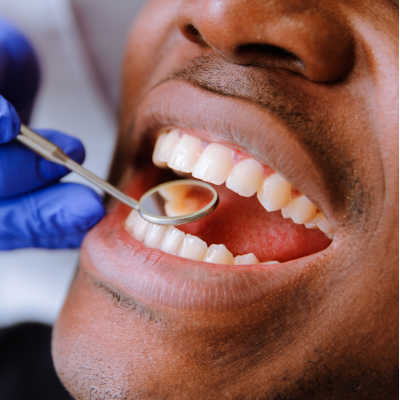The best dental experience ever from the time I walked through the door until it was time to leave. The staff is absolutely amazing, very thorough, comforting, and made sure to let me know step by step what was going on during my appointment. They take their time, nothing is rushed and that let me know they truly care about my dental health. This was my first time at this office and I can say I have found the dentist home for me.
JLM Dental Studio’s Guide to Root Canal Therapy
Root canal therapy has become increasingly common, but it’s still surrounded by many myths and misconceptions. If you have an upcoming root canal treatment, our Smyrna & East Point, GA, dentist wants you to understand both the benefits and risks of root canal treatment so you can be prepared.
Contact JLM Dental Studio today by calling our dental office in Smyrna at 770-433-1515 or our East Point location at 404-766-8559 and scheduling an appointment.


